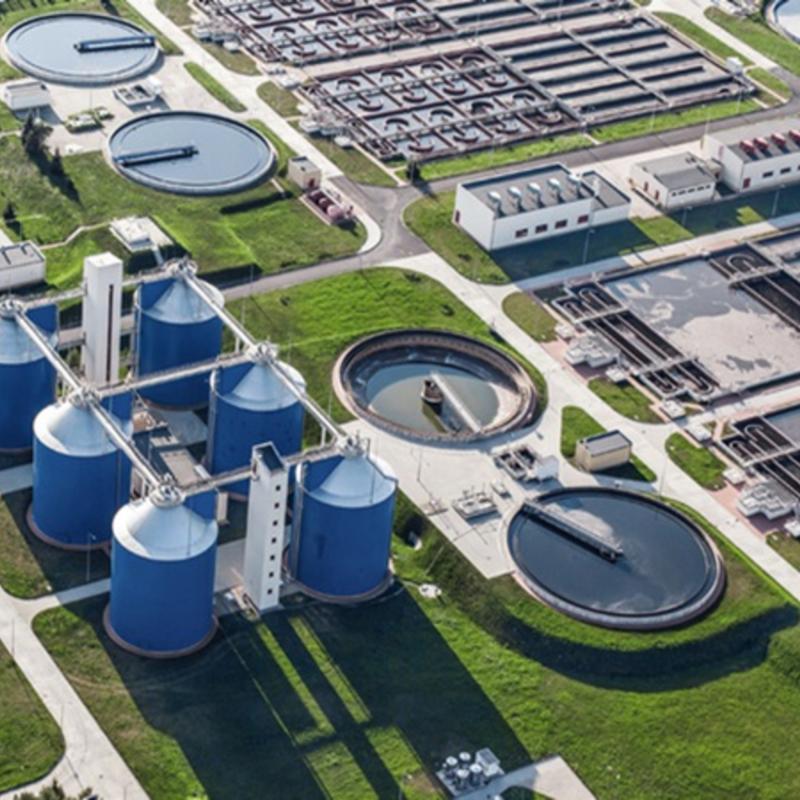Pittsburgh Water Developments
This article talks about Pittsburgh's initiative to provide clean drinking water at public schools.

This article addresses some concerns in Pittsburgh about the drinking water in public schools based on recent tests. Recent tests have shown an elevated level of lead in the waters of multiple school buildings across the city. To combat this, the district has come up with a couple different initiatives. They have shut down water sources with increased lead contamination, as well as offering clean alternative like water bottles. In the mean time, the city is communicating with it's citizens about the progress of fixing this lead contamination.
Pittsburgh Public School officials unveil new initiatives to
limit lead in drinking water
Hundreds of non-filtered water fountains across Pittsburgh Public Schools have been replaced in a districtwide project aimed at minimizing the threat of lead in drinking water.
Standing in the brightly painted playground at Dilworth PreK-5 in East Liberty, district officials along with those from PennEnvironment, a Pittsburgh-based environmental program, celebrated the project, officially completed last summer, which brought 904 chilled lead filtering drinking fountains and 391 filtered bottle filling stations to 70 Pittsburgh Public facilities.
The $5.5 million project first started in 2016 as part of the district’s Drinking Water Quality Management Initiative, which aimed to change out water filtration systems and test for lead.
“Our schools are places where our kids go to learn, achieve, build lifelong friendships and grow up to be productive citizens in society,” David Masur, PennEnvironment’s executive director, said during the event, which fell during National Drinking Water Week.
But, he said, Pennsylvania children who spend the majority of their time in school buildings are often faced with lead in their drinking water throughout the school day.
“With the proactive and comprehensive steps taken by the Pittsburgh Public Schools to get the lead out, children, parents, teachers, other school staff and community members now receive the highest standards of protection from this dangerous and pervasive contaminant,” Mr. Masur said.
In all, school buildings, field houses and administrative facilities are now fitted with new filter systems in all water foundations. Water bottle filling stations have also been attached to drinking fountains, featuring a sensor that automatically fills a bottle when it is placed in the station. The district also added 175 lead-filtering sink outlets to early childhood education classrooms and some nurses offices throughout the district.
The goal is to fight against lead, which can seriously harm a child’s health and cause adverse effects such as damage to the brain and nervous system, slowed growth and development, and problems with learning and behavior as well as hearing and speech, the Centers for Disease Control and Prevention found. Those impacts can cause a lower IQ, decreased ability to pay attention and underperformance in school.
But as things currently stand, Pennsylvania districts are not required to test for lead in drinking water under the Public School Code, which instead encourages them to test, according to the Pennsylvania Department of Education. The code does require districts to implement a plan if results exceed the U.S. Environmental Protection Agency’s standards stating that lead levels cannot exceed 15 parts per billion. It also says schools that do not test need to discuss lead issues at public meetings.
But according to a 2021 report by Women for a Healthy Environment, of 65 Pennsylvania school districts surveyed, 91% found lead in their water.
Lawmakers have been working to change standards around lead testing in schools. Last year, state Sen. Devlin J. Robinson, a Bridgeville Republican, along with two other state senators introduced legislation that would require old drinking fountains get replaced with lead-filtering water stations by 2025. The legislation was referred to the education committee.
At Pittsburgh Public, officials first launched the Drinking Water Quality Management Initiative in 2016, which required testing for lead every three years and the replacement of water filtration systems throughout school buildings. The decision, Sanjeeb Manandhar, Pittsburgh Public’s environmental and sustainability manager, said, was a “proactive measure.”
Under that initiative, district officials began conducting comprehensive testing of all drinking water fountains, as well as other outlets throughout school buildings. At the time, 2.8% showed lead levels exceeding standards then set by the Environmental Protection Agency of 20 parts per billion. Testing is now done every three years, with the last samples taken during the 2022-23 school year. At that time, 2.4% of the 2,364 samples taken showed lead levels above 15 parts per billion, the new EPA standard. Any faucet or fountain exceeding those levels was shut off and action was taken by the district to remediate, replace or repair the fixtures.
The second part of the initiative focused on replacing filtration systems at all district fountains to “ensure the availability of clean, high-quality water that has zero lead,” Mr. Manandhar said.
Superintendent Wayne Walters said the completion of that goal is a “monumental achievement.”
“By prioritizing water safety through our filter-first approach we reaffirm our commitment to providing nurturing school environments that facilitate learning and growth,” Mr. Walters said.
Onya Baek, a fifth grader at Dilworth, added that she uses water bottle filling stations daily.
“It’s very nice that we get to drink clean water,” Onya said. “I wish everybody in the world could drink clean water. Everybody in the district, the whole country and the whole world.”
Officials are now hopeful Pittsburgh Public will become a “national leader” in the fight against lead in school drinking water and will serve as a role model for other districts across the region and state.
Mr. Masur, noting that Pittsburgh Public is the state’s second-largest district that is also a high-needs district, said the project is “totally achievable” and is not a “pie in the sky idea. The technology exists today and it’s just a question of will school districts have the desire and will to follow the leadership of PPS to make these projects possible.”
For Mr. Walters, putting students first in both academics and health is a “no brainer.”
“Take the lead,” Mr. Walters said. “Take the lead on something that is important to the lives of our children that we serve daily.”
What is Your Reaction?
 Like
0
Like
0
 Dislike
0
Dislike
0
 Love
0
Love
0
 Funny
0
Funny
0
 Angry
0
Angry
0
 Sad
0
Sad
0
 Wow
0
Wow
0
















































































